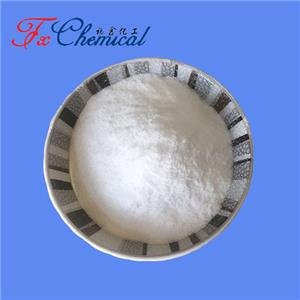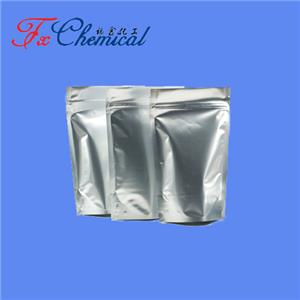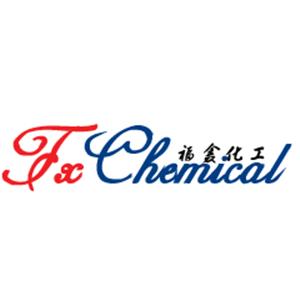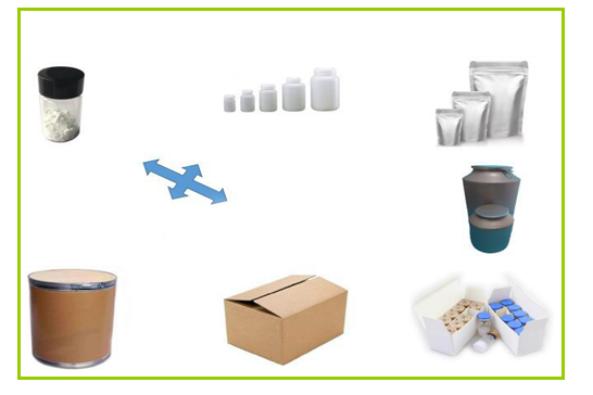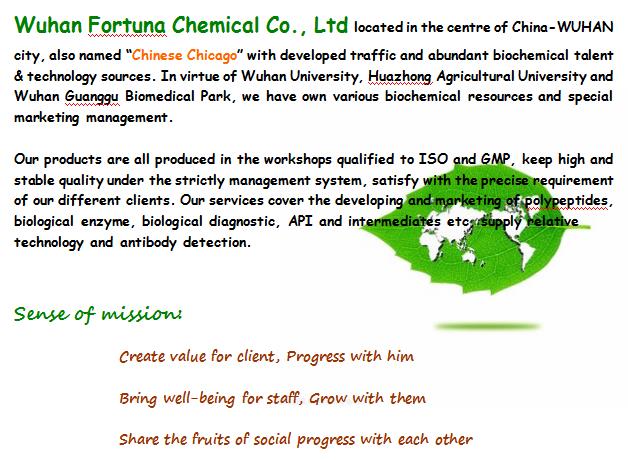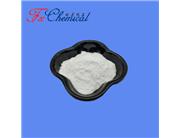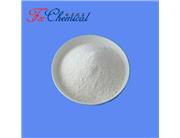Artesunate is a medication derived from artemisinin, a natural compound extracted from the sweet wormwood plant (Artemisia annua). It is used primarily for the treatment of severe malaria caused by Plasmodium falciparum, which is known for its resistance to other antimalarial drugs. Artesunate is known for its rapid action and high efficacy against malaria parasites.
Chemical Structure and Properties
Chemical Formula: C19H28O8
Molecular Weight: 384.42 g/mol
Appearance: White to off-white crystalline powder
Solubility: Soluble in water, ethanol, and DMSO (dimethyl sulfoxide)
Mechanism of Action
Artesunate works by generating reactive oxygen species (ROS) and carbon-centered free radicals upon activation. These reactive intermediates attack the proteins and membranes of the malaria parasite, leading to its rapid death. The exact mechanism involves the cleavage of endoperoxide bridges within the parasite's food vacuole, leading to lethal damage.
Applications of Artesunate
1. Malaria Treatment
Severe Malaria
Uncomplicated Malaria
Artesunate is also used in combination therapies for treating uncomplicated malaria. It is often combined with other antimalarial drugs like mefloquine, amodiaquine, or sulfadoxine-pyrimethamine to enhance efficacy and reduce the risk of resistance.
2. Other Potential Applications
Cancer Research
Autoimmune Diseases
Benefits of Artesunate
Rapid Action: Artesunate acts quickly to reduce the number of malaria parasites in the blood, making it highly effective in severe cases.
High Efficacy: It is highly effective against multi-drug resistant strains of P. falciparum.
Reduced Mortality: The use of artesunate in severe malaria has been shown to significantly reduce mortality rates compared to other treatments like quinine.
Side Effects
Common Side Effects: Nausea, vomiting, dizziness, and headache.
Serious Side Effects: Rare but may include hemolysis (destruction of red blood cells), severe allergic reactions, and liver enzyme elevation.

 China
China
